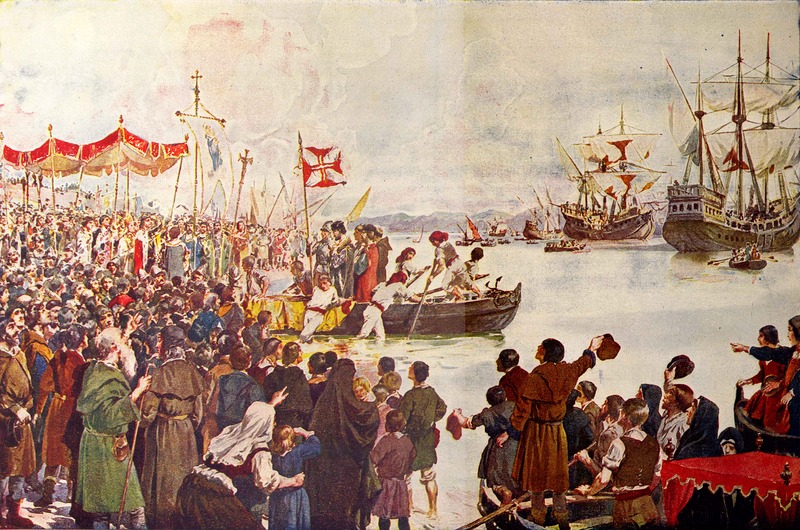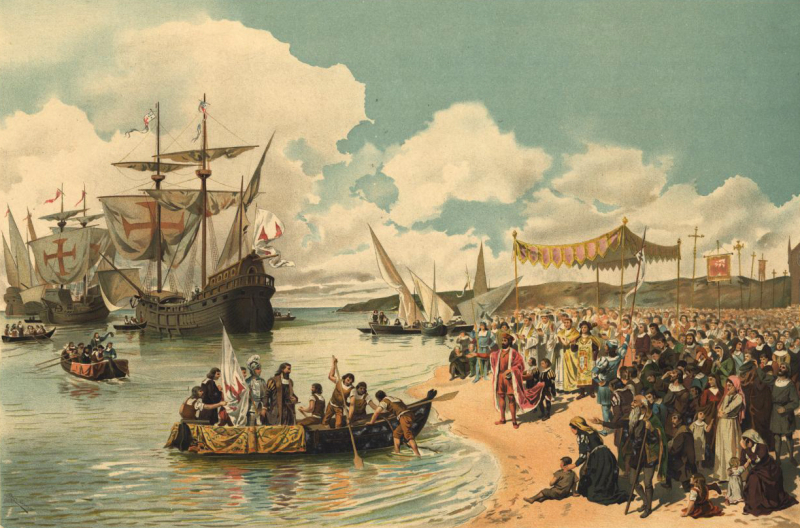Portuguese Empire
The Portuguese Empire kick-started the Colonial Era in Europe. It was, indeed, the first colonial empire - that is, to discover, claim and often exploit faraway lands - and had its beginnings in the 15th Century. Although it collapsed almost entirely in the 1970s, a number of its colonies have now been incorporated into 'Portugal proper' - Azores and Madeira; they are as much a part of Portugal as Lisbon. The Portuguese empire was a great empire of humanity, and in fact, it was the longest empire of the modern era spanning almost 600 years of existence. The Portuguese Empire originated at the beginning of the Age of Discovery, and the power and influence of the Kingdom of Portugal would eventually expand across the globe.
The Portuguese were the first Europeans to claim territory in sub-Saharan Africa. However, it had a small size and an economy that had been weakened by several years of war. Its colonies include Angola, Mozambique, Guinea-Bissau, Cape Verde, Sao Tome, Principe, Goa, East Timor, and Macau. In 1961, India took Goa from the Portuguese and it became an Indian state. In 1974, there was a new government in Portugal. It granted independence to Angola, Mozambique, Guinea-Bissau, Sao Tome, Principe, Cape Verde, and East Timor in 1975. Macau was the last country to leave the empire when it was handed over to China in 1999. The Portuguese Empire was considered an indispensable name in the list of the most powerful colonial empires of the 20th century.
- Major Events: Military Dictatorship, Salazarism, Colonial War, Carnation Revolution, Adhesion to the European Union
- Key People: Amadeo de Souza-Cardoso, Fernando Pessoa, Amália Rodrigues












